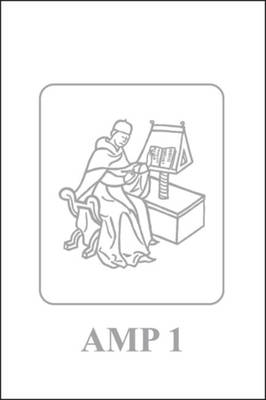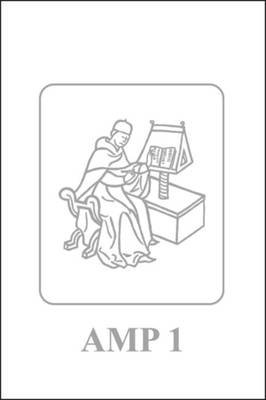
- Retrait gratuit dans votre magasin Club
- 7.000.000 titres dans notre catalogue
- Payer en toute sécurité
- Toujours un magasin près de chez vous
- Retrait gratuit dans votre magasin Club
- 7.000.000 titres dans notre catalogue
- Payer en toute sécurité
- Toujours un magasin près de chez vous
Henry of Ghent and the Transformation of Scholastic Thought
Studies in Memory of Jos Decorte
Guldentops GuyDescription
In the history of medieval philosophy and theology, Henry of Ghent ( 1293) occupies a prominent place. On the one hand, he is a critical reader of Thomas Aquinas, whose Aristotelianism he attempts to adjust by means of his so-called Augustinian Avicennianism; on the other hand, Henry can be considered a precursor of fourteenth-century thinkers, such as Duns Scotus and Ockham.
The papers collected in the volume, Henry of Ghent and the Transformation of Scholastic Thought, throw light on the particular renewal of the theological and philosophical tradition which Henry brought about and elucidate various aspects of his metaphysics and epistemology (e.g., truth, divine ideas, relation, certitude and wisdom), ethics (e.g., prudence, freedom, the role of the clergy), and theology (e.g., Trinity, creation, absolute and ordained power). The volume is completed with a comprehensive bibliography on Henry.
Spécifications
Parties prenantes
- Auteur(s) :
- Editeur:
Contenu
- Nombre de pages :
- 436
- Langue:
- Anglais
- Collection :
Caractéristiques
- EAN:
- 9789058673299
- Date de parution :
- 15-02-03
- Format:
- Livre relié
- Format numérique:
- Genaaid
- Dimensions :
- 168 mm x 248 mm
- Poids :
- 934 g







